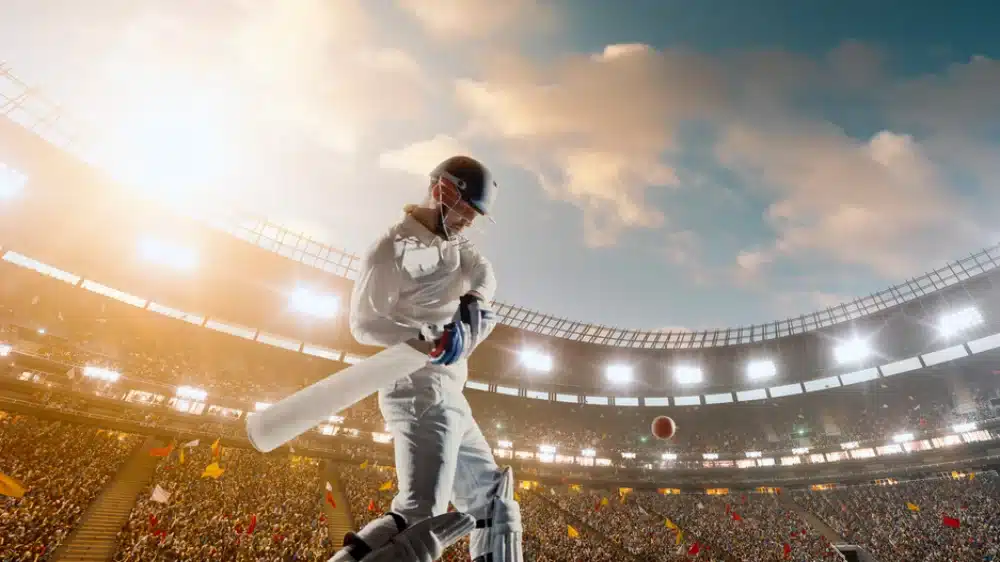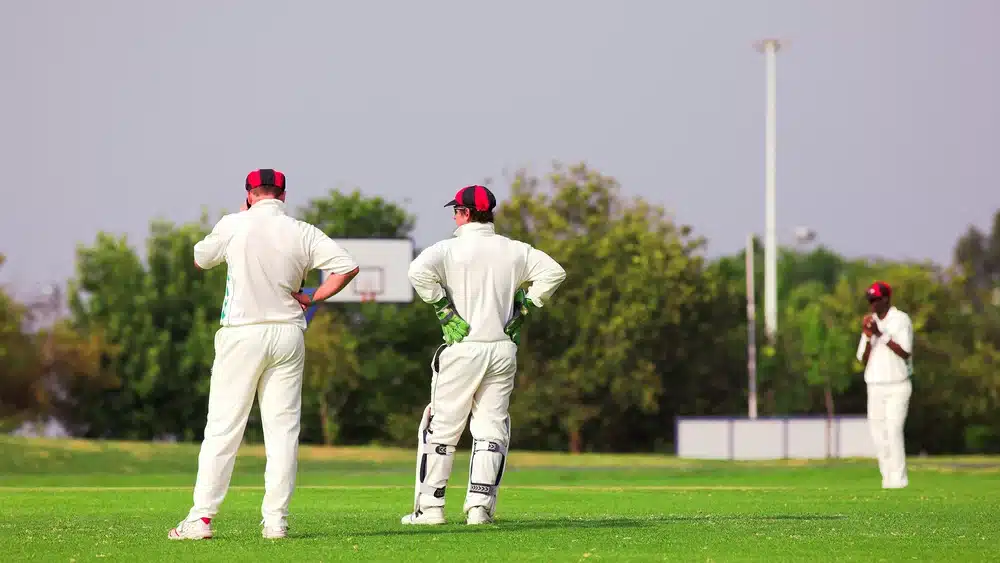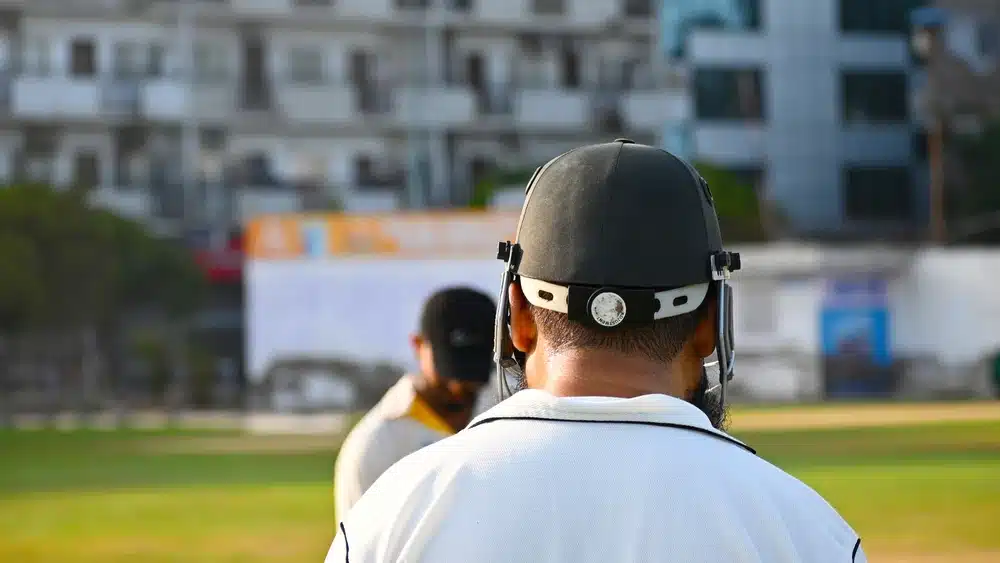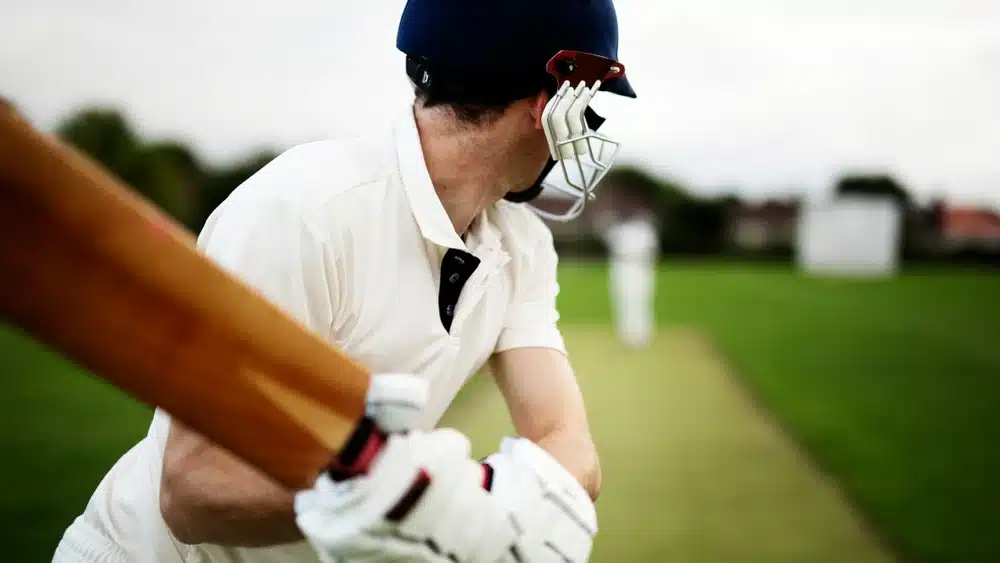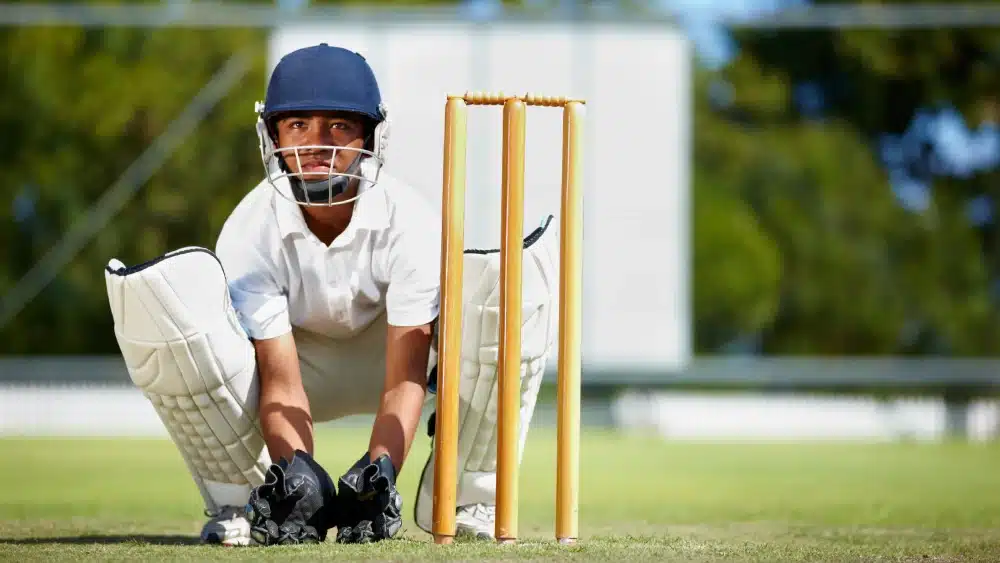
It has been three months since the English Premier League was suspended due to the ongoing global pandemic. Given the circumstances, football rightly took a back seat, but as the lockdown measures are being eased across Europe, plans for resumption were put into effect after it was announced that the league would resume on June 17.
While French Ligue 1 and the Dutch Eredivisie were cancelled, the German Bundesliga has returned, despite the concerns of players testing positive for the disease. La Liga in Spain is also gearing up for a return and so is the Serie A in Italy.
The English top-flight received a major boost after the Premier League clubs voted unanimously on Wednesday on resuming contact training. However, under the circumstances, a lot of precautionary measures will need to be taken to ensure the safety and well-being of everyone set to be involved, not just the Premier League players.
Premier League restart date
On Thursday, the English Premier League released a statement saying the shareholders have 'agreed to a new provisional restart date for the 2019/20 season of Wednesday 17 June, provided that all safety requirements are in place.'
Premier League fixtures, schedule and kick-off times
No matches have been played since Leicester's 4-0 win over Aston Villa on March 9, and the league will begin with two matches on the aforementioned date, with Manchester City taking on Arsenal, while Aston Villa squaring off against Sheffield United.
These two games were postponed due to the Carabao Cup final earlier in the year.
The following fixtures will be played on the weekend of June 19-21, and while there is no official word as of now, these are fixtures that were scheduled before the pandemic.
Aston Villa vs Chelsea
Bournemouth vs Crystal Palace
Brighton vs Arsenal
Everton vs Liverpool
Manchester City vs Burnley
Newcastle vs Sheffield United
Norwich vs Southampton
Tottenham vs Manchester United
Watford vs Leicester
West Ham vs Wolves
Meanwhile, if City lose to Arsenal on June 17, Liverpool, who were knocked out of the UEFA Champions League by Atletico Madrid in February, will have the opportunity to be crowned new champions if they beat Everton at Goodison Park a few days later.
Scheduled kick-off times
Weekend matches will be scheduled as follows (all times BST):
Friday 20:00
Saturday 12:30; 15:00; 17:30; 20:00
Sunday 12:00; 14:00; 16:30; 19:00
Monday 20:00
Midweek matches will be scheduled as follows (all times BST):
Tuesday 18:00; 20:00
Wednesday 18:00; 20:00
Thursday 18:00; 20:00
Premier League training protocol
Premier League clubs returned to training in small groups in mid-May and were duly asked to follow the training protocols, that included maintaining the social distancing. And despite 12 out of 2,752 people testing positive (including players and staff like Bournemouth keeper Aaron Ramsdale) from the league, the decision of returning to contact training was made after a unanimous vote by the clubs.
Empty stadiums
Perhaps the biggest and the most noticeable change will be the lack of fans in the stadium. The atmosphere created by fans chanting, egging their team on is a big part of a football match. But, given the circumstances, not just the Premier League, but all sporting events will be played behind closed doors, with just a limited number of personnel allowed into the ground.
Read | Will Premier League with no fans be worth the wait?
There have been discussions over the possibility of using fake noises to help create the atmosphere during the match, while Brighton & Hove Albion chief executive also hinted at “dressing up” the stadium and not just leave empty chairs.
Neutral Venues
This one has been a bone of contention for a number of Premier League clubs, but there is a strong possibility that matches could be played in a few selected neutral venues rather than at home grounds of the clubs. Discussions have been held over using eight to ten neutral venues that are located in areas away from city centres and housing.
Such a move has been met with a lot of opposition, especially from clubs battling relegation, as they would be losing home advantage. Take bottom feeders Norwich City for example. The Canaries have collected almost 75% of their total points at home this season. The likes of Aston Villa, Bournemouth, Watford have also fared much better at home than on the road.
"Obviously it is the preference of all our clubs to play at home if at all possible," Premier League chief executive Richard Masters said after Monday’s meeting. "It is an ongoing dialogue and we've been talking to the authorities about the conditions in which we could get the Premier League back up and running and are taking all that advice on board."
Five Substitutes
Another big change, that was ratified by football’s law-making body IFAB last week, was that teams will be allowed to use five substitutes in a game, but can make the changes on just three occasions. This was done in order to ease the pressure on players and protect them from fatigue and injuries.
Read | Things you need to know before Bundesliga 2019/20 resumes
Football has been suspended for over two months now and while players have been training at home, it is not the same as their routine team training. Moreover, with a large number of matches set to be played within a short time, it would take a toll on players’ bodies as well.
Apart from the Premier League matches, there are teams still involved in the FA Cup, along with European competitions as well. For example, Manchester City could go on to play as many as 19 games before the end of the season. Hence, to provide some relief, five substitutes have temporarily been allowed by FIFA and IFAB.
Option to stop using VAR
Only introduced this season in England, Premier League clubs have the option of going ahead with the rest of the campaign without the use of VAR. Clubs will be taking a vote on whether to ditch VAR or stick with it, although there have been little indications that the technology will be dropped.
“I can fully understand it. In the current climate, the players have been out for a long time. It's a wise decision and a decision everyone will appreciate. We are in strange times, there is no doubt about that. Whatever they decide will be for the betterment of football and getting the game played,” former PL referee Dermot Gallagher told Sky Sports.
On-field changes
With social distancing pretty much impossible to maintain during a match, players will be instructed to minimize physical contact as much as possible. That would mean there will no celebrations after goals, the likelihood of players getting tight to each other during corner kicks and free kicks will also be less.
Read | Premier League’s best teenage XI
This is something that La Liga has already said it will be enforcing and the Premier League might follow suit. While it does take something out of the game, it should at least put an end to players going down too easily within the box.
A FIFA official recently said that players who spit on the pitch should be shown yellow cards, as they risk spreading the coronavirus. Players in the Bundesliga have already been prohibited from spitting except for when rehydrating.
What do the players have to say?
The Premier League has stressed that no decisions will be taken without consulting with the players and the managers. And while ‘Project Restart’ motors on, there are a lot of players who are concerned with football returning so early. A recent report from Mirror claimed that up to 50 players are ready to oppose the resumption of the season this early.
Manchester City star Sergio Aguero, who was one of the Premier League top scorers last season, expressed his concerns about the chances of spreading the infection to their family members. “The majority of players are scared because they have family, they have children, they have babies, parents. When we go back, I imagine that we will be very tense, we will be very careful, and the moment someone feels ill, you will think: ‘What's gone on there?’”
Player at the top of the league raises concerns about playing again:
Yeah he’s probably right, that’s sensible.
Player near the bottom raises the same concern:
Yeah well you just don’t want to be relegated ♂️
— Tyrone Mings (@OfficialTM_3) May 11, 2020
"We are just people too," Norwich City star Todd Cantwell tweeted recently over the prospect of a return.
“The government’s saying ‘bring football back because it’s going to boost the nation’s morale. People’s lives are at risk. Football shouldn’t even be spoken about until the numbers have dropped massively,” Tottenham star Danny Rose, currently on Newcastle United, said in an Instagram video.
Naturally, the players are concerned about the health and safety of themselves and their families, which is likely to play on their minds when on the field. So, it does lead to the question whether the return of football should be a priority right now.
Feature image courtesy: AFP / Oli Scarff











